Scientists are scrambling to understand what role B.1.617, the variant discovered in India, will play in future surges of Covid-19. The trajectory of the variant, whether it continues spreading at its current pace or slows, will be clearer in the coming weeks.
The B.1.617 variant is one of the factors driving the current crisis in India and neighboring Nepal. It may also be linked to recently rising cases among unvaccinated people in the United Kingdom.
The variant is believed more contagious than the original SARS-CoV-2 virus, but as yet there’s no clear evidence it causes more severe disease or more deaths. The same public health measures — masks and social distancing — can prevent the spread of the virus variant, experts say. And while it might have some impact on the vaccines, its mutations will likely not be enough to weaken protection against serious illness, research suggests.
Yet, the B.1.617, which was initially identified in October, is being closely watched as it spreads around the world. It’s now been found in at least 44 countries, including the United States, where about 3 percent of the sequenced samples are a version of the B.1.617, according to recent data from the Centers for Disease Control and Prevention.
Because of two concerning mutations, the variant from India has been given a scary nickname “double mutant,” an incorrect term that is “completely unhelpful,” said Deepta Bhattacharya, an associate professor of immunobiology at the University of Arizona College of Medicine. In fact, all the identified variants of concern — including the B.1.1.7 from the U.K., the B.1.351 from South Africa and the P.1 from Brazil — possess one or more mutations, he said.
“It’s misleading to make it seem as if this is something markedly different than the other variants that we’ve already seen,” he said.
How contagious is it?
Currently, the most contagious form of the coronavirus was reported to be the B.1.117 that has been dominant in the U.K. and Europe since the winter and now makes up three-quarters of coronavirus infections in the U.S.
Last week, the B.1.617 variant, first found in India, was officially classified as a “variant of concern” by the World Health Organization,, which detailed in a report the variant and its three lineages — versions that differ slightly in the mutations in the virus’s spike protein.
Early data suggests that one of the lineages, B.1.617.2, which has been detected most frequently in the U.S. and the U.K., may be the lineage associated with the greatest transmissibility. An expert advisory committee for British Prime Minister Boris Johnson’s government said during a press conference May 13 that the variant from India may be as much as 50 percent more transmissible than the B.1.1.7 variant, which was first identified in the U.K. However more research is needed, experts say.
Trevor Bedford, a professor of evolutionary biology at the Fred Hutchinson Cancer Research Center, said the B.1.617.2 variant does seem to be outpacing the U.K. variant in India.
Unlike some of the other variants of concern, the one from India had a few key mutations but not much else that initially concerned him. But in the last week, he has noticed a growing number of the recently sequenced samples in India are of this new variant, rather than of the U.K. variant.
“When this variant was first noticed weeks ago, I didn’t ascribe that much to it,” Bedford said. He said that at the time he had likened the surge in India largely to other factors such as low vaccination rates and a lack of social distancing.
He calls the observation “critical” but because of the other factors at play in spreading infection, he is taking the data “with a large grain of salt” for now.
It’s hard to tell exactly how this variant will play out in the U.S., which has seen declines in new cases in recent weeks. If the variant becomes more dominant in some states, it could put more pressure on communities to vaccinate people even more quickly to slow the spread.
Vaccines beat the variants
Bhattacharya, who has lost two family members in India to Covid-19 in recent weeks, is not worried that the changes in this particular variant could render the vaccines ineffective. Even if there are breakthrough infections among vaccinated people, they’ll be in better shape, he said.
“This variant seems like it’s probably picked up some things that make it more transmissible and that is definitely an area of concern,” he said.
He’s worried about the increased transmissibility because even a small amount can lead to exponential spread and easily overwhelm health care systems, especially in countries with poor vaccination rates.
Research from scientists at Emory University suggests that antibodies generated from the vaccine may be less effective on B.1.617.1, one of the lineages of the variant. The authors found a seven-fold reduction in the ability for antibodies to block the variant as compared to the original virus, for which the vaccine was primarily designed. In comparison, the authors found a roughly four-fold reduction in ability for antibodies to block the variant from South Africa. The Emory research was posted as a preprint study, but has not been reviewed by other scientists or published in a science journal yet.
Despite the reduction, the authors suggest that the vaccines will ultimately work against the variant.
The authors wrote that the experiment “suggests that protective immunity by the mRNA vaccines tested here are likely retained against the B.1.617.1 variant.”
Shane Crotty, a virologist and professor at the La Jolla Institute for Immunology, is optimistic that the vaccines will ultimately prove effective against this variant in the real world, as well as in a lab study.
In a recent study in the New England Journal of Medicine, researchers from Qatar found the Pfizer vaccine to be 97 percent effective in preventing severe disease and death in patients infected by any form of the coronavirus, including the variants.
“The fact that there is real-world data that shows the Pfizer vaccine works very well against the South African variant, it’s quite likely that both the Pfizer and Moderna vaccines will be very effective against these new Indian variants, as well,” Crotty said.


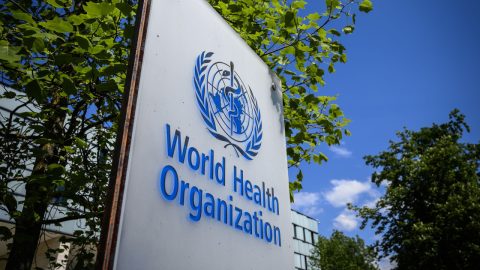

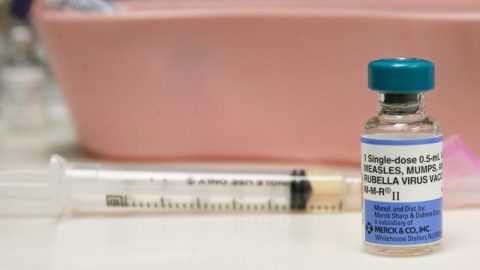
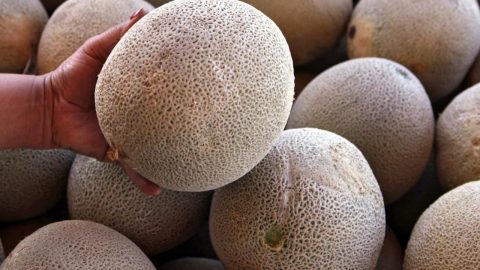


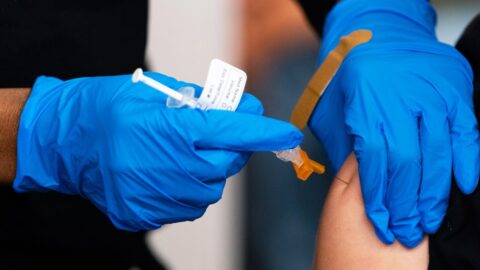
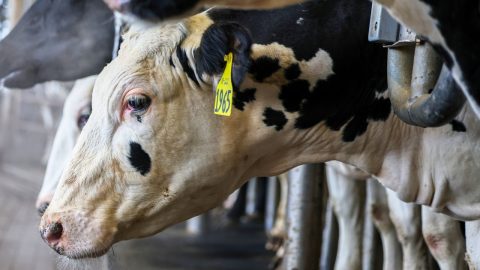
Recent Comments